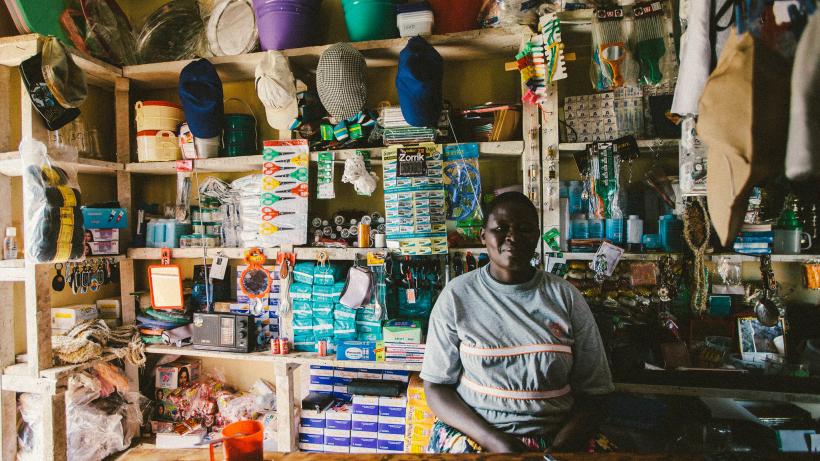The impact of COVID-19 and flexible credit on SMEs: Evidence from Uganda
Small and medium-sized enterprises (SMEs) are the engines of the Ugandan economy, comprising over 90 % of the private sector, according to the Uganda Bureau of Statistics, 2011. This project will re-survey a sample of 2,400 SMEs in Uganda with the purpose of:
- Better understand the long-term consequences of increased flexibility in loan repayments, in particular: does flexibility make firms more resilient to shocks?
- Create important and novel data for policy with a diverse sample of firms across a range of sectors for whom we have rich pre-crisis panel data.
The SMEs were part of a randomised controlled trial implemented in collaboration with BRAC Uganda’s Small Enterprise Lending Program (SEP), where each firm was followed over 4 years. We randomly altered the repayment plan or the investment capital available to each firm, holding constant all other features of the contract.
The follow-up phone surveys on these firms will aim to understand how they cope in the face of a large, aggregate shock. The findings will contribute to the policy relevance of flexible repayment plans on small-scale businesses in low-income countries. Such a plan could be effective not only for increasing firms’ size and household consumption, but also in making them more resilient to large aggregate shocks to the economy.







